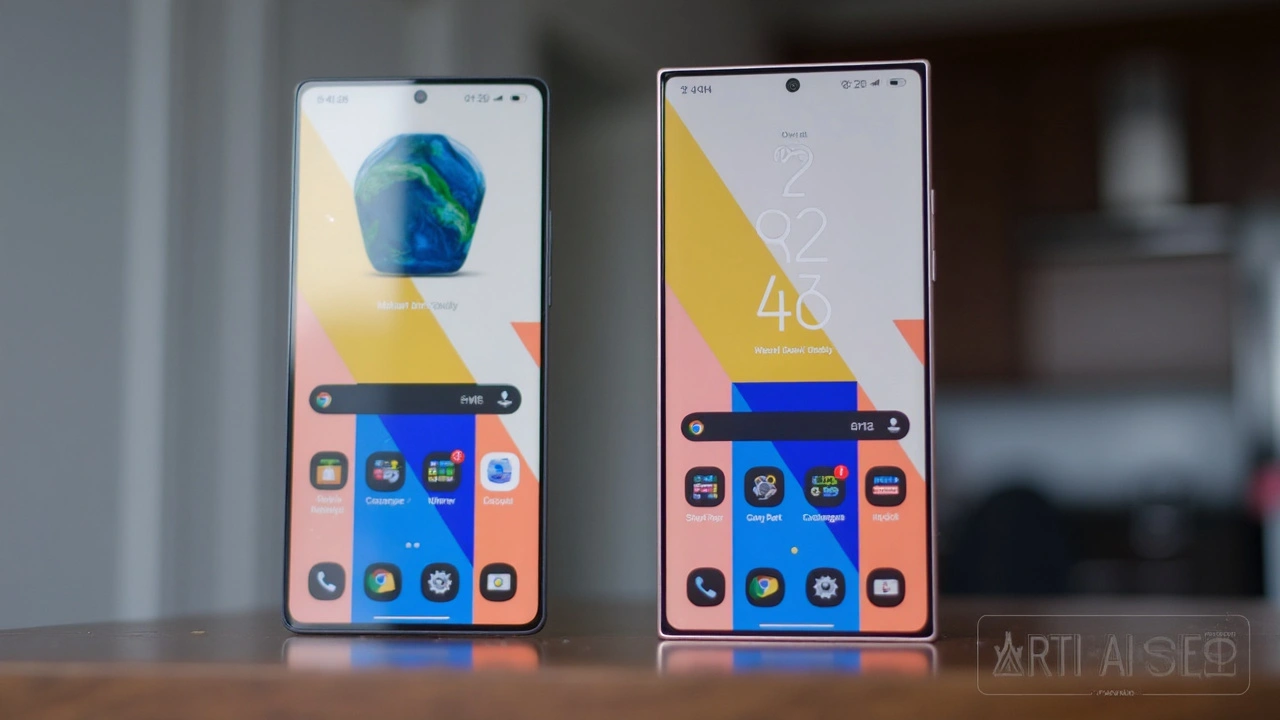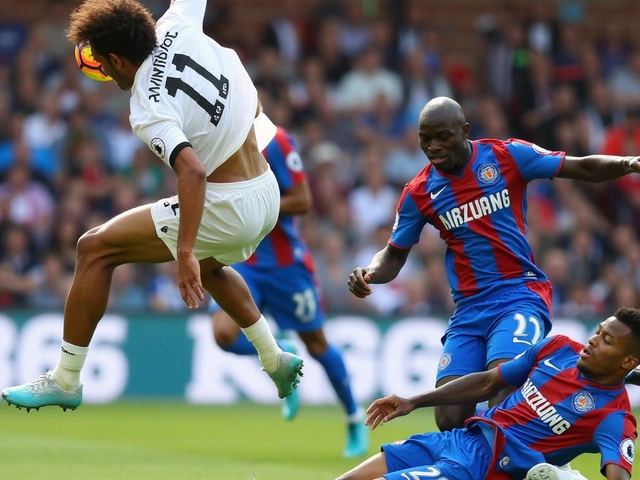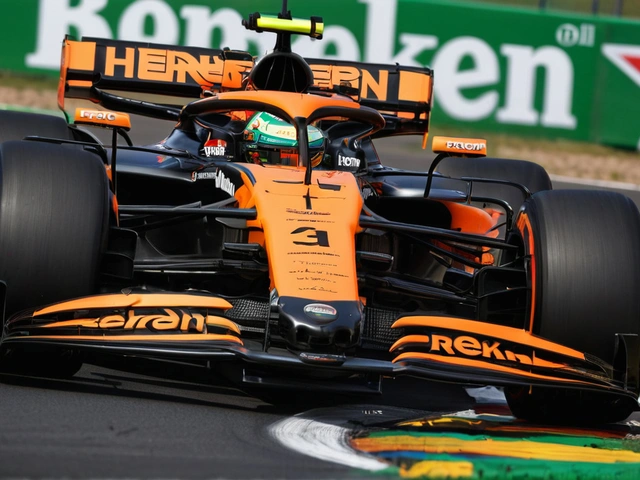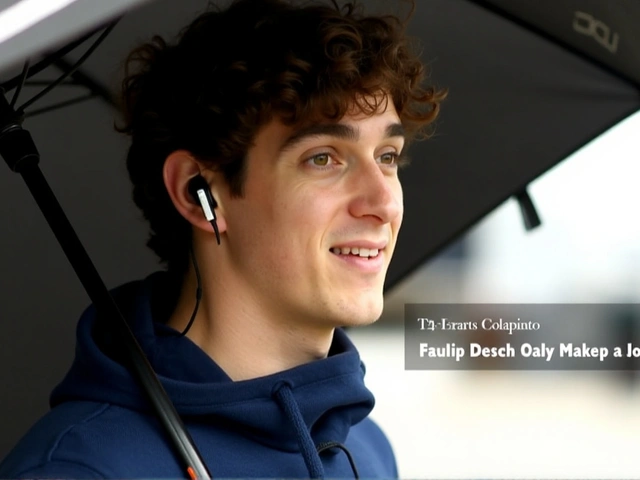Apple Ready to Tackle Glare with New iPhone 17 Pro Display
Apple’s never one to sit out a tech trend for too long, and now it looks like they’re getting serious about screens. The next iPhone 17 Pro lineup could feature an anti-glare display that’s set to rival Samsung’s much-praised Gorilla Armor glass. The move comes after months of speculation, first surfacing back in March 2024, when rumors started swirling that Apple wanted to reduce those pesky reflections that make it tough to see your phone outdoors.
Getting this tech into production wasn’t a walk in the park. Early attempts hit a wall with manufacturing bottlenecks. But according to industry whispers picked up by MacRumors and amplified by SamMobile, Apple’s glass suppliers figured things out just in time for the iPhone 17 Pro and 17 Pro Max. Improved manufacturing yields mean the advanced anti-reflective, scratch-resistant glass is now possible — at least for Apple’s high-end flagships. If you’re eyeing the standard iPhone 17 or the so-called iPhone 17 Air, you’re out of luck; these regular models won’t get the upgrade, sticking with previous display tech for now.
Chasing Samsung’s Brilliance: Why the Move Matters
If you’ve seen Samsung’s Galaxy S24 Ultra or peeked at the early S25 Ultra leaks, you know glare reduction isn’t just marketing fluff. Samsung’s Gorilla Armor protection almost eliminates those annoying reflections in bright sunlight and harsh indoor lighting. Some tech reviewers, including analyst Aamir Siddiqui, have even called it “shockingly glare-free”—a pretty big claim in the world of glass displays, where fingerprints, scratches, and sunlight usually rule the day.
What’s the big deal about anti-glare tech anyway? For starters, everyday phone use gets a lot easier. Try reading a message by the pool or taking a selfie on a sunny day—fewer reflections mean you can actually see what’s happening on screen. Scratches, too, are proven to be less of a worry with these new coatings. Samsung’s approach has already been battle-tested with Gorilla Armor, so it’s no surprise Apple wants to match (or even leapfrog) Samsung’s results on the iPhone 17 Pro hardware.
Apple traditionally likes to set its own trends, but here, they’re clearly borrowing a page from Samsung’s playbook. That said, Apple will need to prove that their new display protection matches up to Gorilla Armor in real-world toughness and clarity. For now, though, fans hoping for better outdoor visibility and tougher screens on the iPhone 17 Pro have something big to look forward to.







Cheyenne Walker
July 23, 2025 AT 17:30Apple's upcoming anti‑glare display on the iPhone 17 Pro represents a significant shift in its hardware strategy. By integrating a multi‑layer coating that bends incoming light, the screen can reduce specular reflection by up to 70 percent in direct sunlight. The technology borrows from Samsung's Gorilla Armor but adapts the polymer matrix to work with Apple's LTPO backplane. Early production runs reportedly suffered from yield issues, yet recent supply‑chain leaks suggest a stable manufacturing process. The new glass also maintains a hardness rating of 9H, meaning everyday scratches from keys or coins are far less likely to mark the surface. Users can expect the matte‑like finish to stay clear of fingerprints, thanks to oleophobic treatment that survives multiple cleaning cycles. The anti‑glare layer does not compromise HDR brightness; peak luminance still reaches 1,600 nits in HDR mode. Moreover, color accuracy remains within ΔE < 1, preserving the deep blacks and vibrant colors Apple is known for. Battery life is not directly affected, although reduced screen glare can lower display power draw in bright environments. The improvement is limited to the Pro lineup; the standard iPhone 17 will retain the traditional glossy glass. This tiered approach aligns with Apple's historical practice of reserving premium features for its flagship models. Analysts predict that the anti‑glare feature could become a selling point in outdoor‑heavy markets such as Australia and the United Arab Emirates. Early reviewers who have handled pre‑production units note that the screen feels slightly less slick, but the trade‑off is a noticeable clarity boost under harsh light. In terms of durability, Apple claims the new glass passes a 5‑meter drop test without cracking, matching Gorilla Armor's reputation. Finally, if the anti‑glare coating proves reliable, we may see it trickle down to future iPad and MacBook displays.
Jo Simpkinson
July 24, 2025 AT 17:23Oh great another phone that pretends to be the sun’s worst enemy it’s not like we needed better visibility anyway
Darrell Kuykendall
July 25, 2025 AT 17:16Wow, the idea of a glare‑free iPhone is exciting, really, it could change how we read messages at the pool, and it shows Apple finally listening to user complaints, kudos to the engineering team!
Dean Obijekwu
July 26, 2025 AT 17:10I appreciate the effort Apple is putting into solving outdoor readability, it’s a subtle but meaningful upgrade.
finlay moss
July 27, 2025 AT 17:03Honestly you guys dont realize that Samsung has been using similar tech since S22, so Apple is basically copying a decade old solution, but kudos for finally admitting the need for anti‑glare.
Carl Gough
July 28, 2025 AT 16:56This is lit! Apple finally stepping up its game, the anti‑glare tech is going to make the iPhone 17 Pro a beast in the sun!
Rebecca Hayes
July 29, 2025 AT 16:50From a display engineering perspective, the introduction of a multi‑catalytic anti‑reflective coating aligns with the industry’s push towards higher contrast ratios and lower reflectance, thereby enhancing the perceived luminance under D65 illumination.
Jason Underhill
July 30, 2025 AT 16:43Sure, anti‑glare sounds cool 😒 but I bet the real issue is battery life, not the screen.
Kirsten Wilson
July 31, 2025 AT 16:36If a screen can see the sun without blinding us maybe we can see ourselves clearer too life is weird
Michelle Roque
August 1, 2025 AT 16:30Apple finelly did it.
Killian Lecrut
August 2, 2025 AT 16:23Oh wow, because we all needed another reason to upgrade, said no one ever, but hey, enjoy the matte finish!
Subi Sambi
August 3, 2025 AT 16:16Honestly the anti‑glare claim is just marketing fluff; it won't survive a real desert trek, and Apple should focus on battery endurance instead of gimmicks.
Joshua Rainey
August 4, 2025 AT 16:10Behold the miracle of modern glass, a screen that refuses to bow to the sun, as if Apple discovered alchemy overnight.
Gail Robb
August 5, 2025 AT 16:03The so‑called breakthrough is nothing but a recycled idea, and anyone buying into hype is selling their common sense for a glossy illusion.
Pradeep Chabdal
August 6, 2025 AT 15:56From a design philosophy standpoint, integrating anti‑glare technology reflects a nuanced understanding of user ergonomics, yet its true merit will be judged by empirical field tests rather than press releases.
andy heri
August 7, 2025 AT 15:50Great breakdown! Your points about durability and color accuracy really put the new glass into perspective, and I think many users will appreciate the detailed analysis.